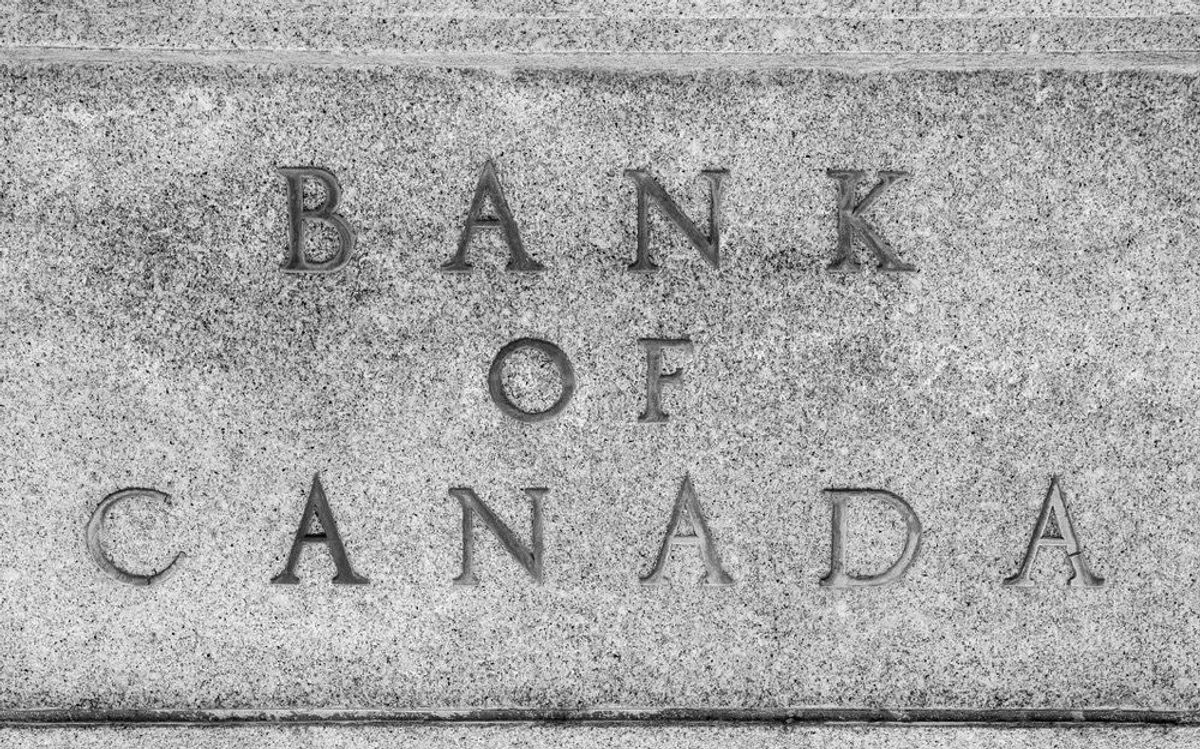While it might feel natural to blame COVID for the drastic changes felt in Canada's housing market, the pandemic is not entirely at fault. As the Canadian Real Estate Association (CREA) recently pointed out, "COVID-19 supercharged trends that were already present."
Before the onset of COVID, record levels of immigration, low-interest rates, and increased millennial buyers helped fuel strong housing demand in Canada. CREA says available listings were already at a 14-year low even before the pandemic, and the national number of months of inventory on the eve of the lockdowns had fallen to below four months -- marking a seller's market territory.
But as the pandemic took hold, household savings increased, and interest rates fell, boosting first-time home buying activity while existing owners began to relocate to areas offering more space to ride out the pandemic. As we all collectively know, these factors drove house prices higher, while supply fell to an all-time low.
However, as the vaccination rollout continues to ramp up nationally, the urgency to buy -- coupled with FOMO --appears to be fading as the Canadian housing market continues to show signs of cooling.
READ: Is Housing Finally Taking a Back Seat? National Data Continues to Show Signs of Moderation
In light of this, CREA has revised its home-price forecast higher, predicting the nation’s average selling price will jump by 19% this year, even as activity continues to cool across most of the country.
In May, Canadian home sales fell 7.4% month-over-month, building on the 11% decline recorded in April, while the average selling price was down 1.1% from the previous month.
"While housing markets across Canada remain very active, we now have two months of moderating activity in the books, and that goes for demand, supply, and prices,” Cliff Stevenson, chair of CREA, said in a statement.
"Current trends and the outlook for housing market fundamentals suggest activity will remain strong through 2021, resulting in a record number of sales this year despite the slowdown that began in April," said the real estate association.
"Over time, activity is forecast to continue returning towards more typical levels. As a result, 2022 is expected to see significantly fewer MLS transactions than in 2021 while nonetheless still marking the second-best year on record."
CREA now predicts the national average home price for the year will increase by 19.3% to just over $677,775 in 2021 -- up from its previous outlook for an increase of 17% over last year. At the same time, CREA says some 682,900 properties are forecast to trade hands, which the association says would be a record-setting result and an increase of 23.8% over 2020 -- this is down from CREA'S previous forecast of 27%.
In 2022, CREA predicts national home sales will fall by 13% to around 594,000 units. The decline is expected to play out across Canada, with buyers facing both higher prices and a lack of available supply, while at the same time the urgency to purchase a home base to ride out the pandemic continues to fade alongside the virus itself. CREA says sales declines are forecast to be largest in BC and Ontario, falling by 17.7% to 104,825 and 17.4% to 230,588, respectively.
At the same time, the national average price is forecast to edge up by just 0.6% to $681,500 in 2022. BC and Ontario are expected to see the greatest rises in average prices, rising 1.4% to $896,304 and 3.2% to $887,031, respectively.
This comes as RBC senior economist, Robert Hogue, says, "home prices haven’t peaked yet in Canada,” while previously saying Canadian policymakers haven't done enough to balance Canada's housing market.
In a recent research note, Hogue said the national composite benchmark (MLS Home Price Index) accelerated further in May to 24.4% — setting yet another record high.
"While there may have been fewer buyers participating in them, bidding wars were still the norm in most markets. Strong competition between buyers is keeping intense upward pressure on property values at this stage," said Hogue.
Hogue says to see prices stabilize, there's going to need to be a "much more significant market rebalancing." However, he says he expects this could occur later this year at the earliest.





















